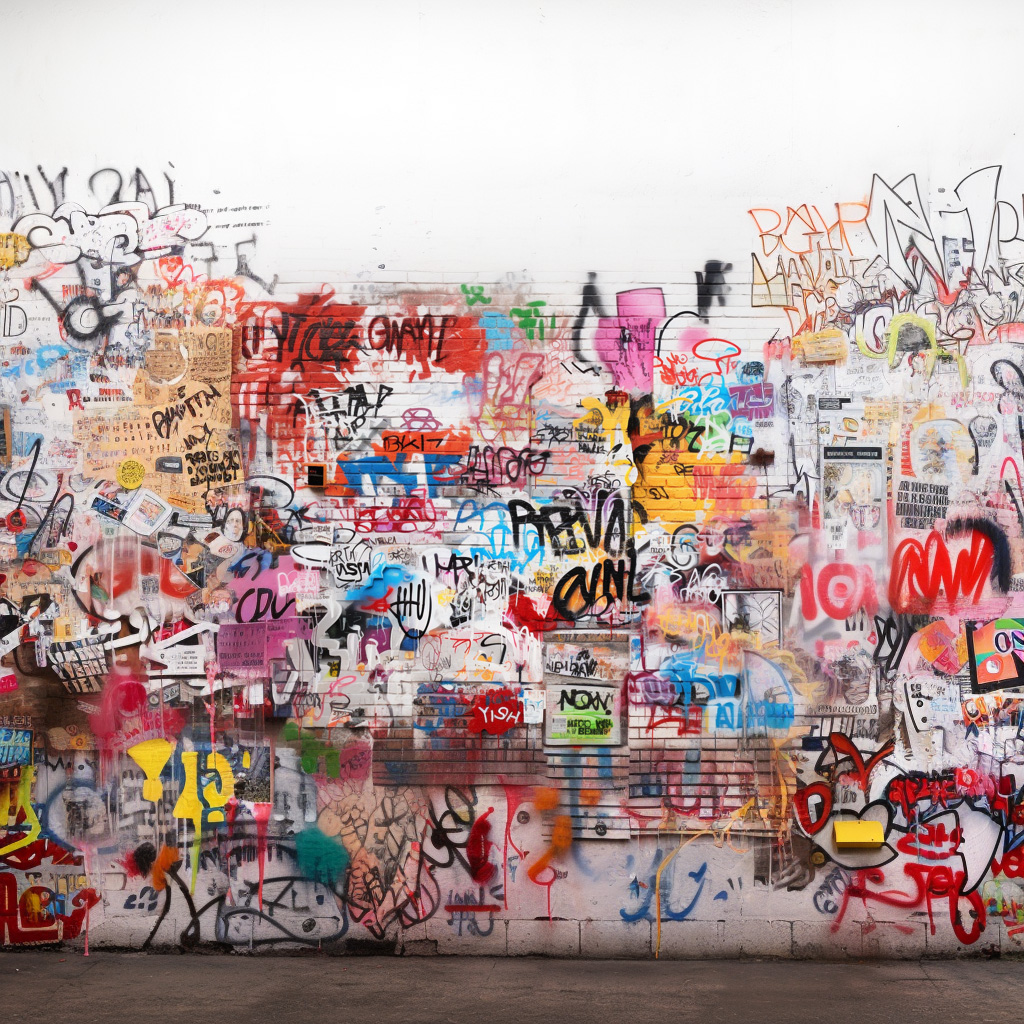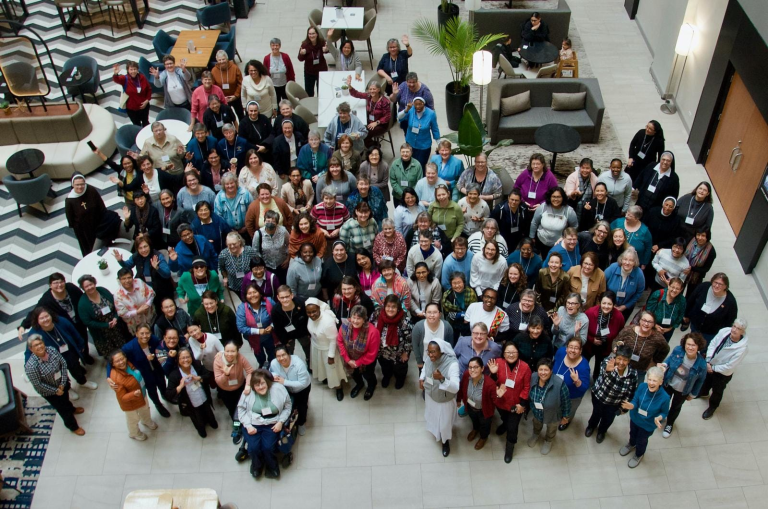The skin I didn’t ask for: Bemoaning my white privilege and the evil of racial violence
I am afraid this blog post is going to be a terrible, tangled mess: sorry about that. But considering the mess this is all about, a jumble might be the best I can give.
My thoughts are tangled because so much has been stirring within me since last week when I learned about the killings of Alton Sterling (in Louisiana) and Philando Castile (in Minnesota), and then police officers Brent Thompson, Patrick Zamarripa, Michael Krol, Lorne Ahrens, and Michael Smith (in Dallas).
My heart has been heavy with more sadness—too similar to my grief for the 50 people killed in Orlando on June 12th. I’ve been praying prayers of lament and trying to lean on my faith; that love prevails. As a Christian who desires to be an agent of nonviolent social change, I have also felt overwhelmed, helpless, disappointed, doubtful and frustrated—how can these horrific events and lingering tensions lead to healing and peace?
Mostly though, I have been feeling a lot of guilt.
(And I understand that some people perceive white guilt to be another type of racism, but I don’t think they’re referring to guilt in the context I’ve been dealing with.)
I didn’t ask to be born with this white skin. I never wanted to inherit centuries of stolen privilege and power. I’ve never wanted to be an oppressor and blindly participate in social structures that keep my brothers and sisters of color in poverty, assumed criminals. I’ve never wanted to walk around wearing white privilege every day, but I do.
I understand now (but didn’t before: more about it later) that much of the racial violence flaring up throughout our nation has been centuries in the making. As a nation we’ve never healed our racist wounds and now racism has become an infection, sickening and slowing our chances for unity and peace. The disease of racism has corrupted our economics, communities and ways of relating to one another.
We can’t blame anyone for the racial conflicts but ourselves, as we’ve all contributed to the causes that ignite anger and hate among us; structural racism is real and creating a mess of problems, tangled together and killing our children. When we submit to lies and take a side, when we ignore the suffering of anyone—this is sin and evil staring us down and laughing.
Whether I like it or not, I participate in the evil of racism every time I enjoy my white privilege. When I feel the tinge of excitement over seeing a “run-down” neighborhood flipped into an area with funky shops and remodeled homes (that’s what gentrification is), I’m ignoring the plight of the poor. When I savor easy access to healthy food and transportation without anger for the lack of attainability my black and brown brothers and sisters have of such beneficial basics, I’m failing to love. And, when I experience nothing but respect and kindness from police officers and assume it’s everyone’s experience, I’m turning away from the Truth.
I had to leave the nearly all-white farming community in Iowa where I grew up in order to learn the ugly truth: racism, as portrayed to me in history class, didn’t end after the civil rights movement. I discovered this in college partly through Jonathan Kozol’s Savage Inequalities (which really impacted my life); while studying abroad in South Africa; while serving in the Jesuit Volunteer Corps and witnessing lack of health care for people of color. I first heard about predator police patrolling black neighborhoods from my students at an all-boys African-American high school on Chicago’s south side. The powerful truth in this video mirrors their stories (but be warned: it’s violent and contains offensive language).
It’s taken years of observing, listening and relationship-building to get to my current consciousness; to understand the privilege of my skin color and the complexity of our social sins; to realize that practically every inequality I’ve encountered is an aftereffect of our shared racial wounds; to move beyond white guilt and to white responsibility. I want to share the principles that have guided me as I clumsily deal with my white privilege, hoping to contribute to racial reconciliation.
Please white brothers and sisters, join me in these actions for everyone’s sake. And, brothers and sisters of color; please comment and correct me where I’m mistaken; suggest what we could do to better share this privilege—rightly yours—with you.
1.) Always avoid paternalistic thinking and behavior. Never give people your pity and create projects you think will increase their standard of living without asking what is needed, wanted. (And keep in mind that cultural dynamics may cause people to agree with your ideas no matter what they believe.) Similarly, make sure organizations serving people of color are not managed solely by white people.
2.) Celebrate diversity. Culture is a beautiful gift from God that ought to be understood, reverenced and appreciated. If you serve a culture not your own, it’s necessary to move cautiously yet eagerly to see all the beauty in the difference (especially if you’re a white person).
3.) Listen. While teaching in Chicago, I was frequently the only white person in the room. It was incredibly important for me to ask questions and really listen to the answers. Whenever I didn’t understand something I had to put aside my pride and fear and let my students explain their world to me. I’m sorry for not engaging in this way more often.
4.) Become allies. Any action you can muster to offer the privilege of your well-respected voice, advocacy for peace and healing, is crucial. It can take a lot of courage and skill but is very important to correct racial language, assumptions and attitudes when necessary. (Be aware that the sin of racism can creep into all of us.) Talk about racism even when it’s uncomfortable, donate to organizations of social justice governed by African Americans and ask your elected officials what they’re doing to ensure peace for the people most marginalized—our black and brown brothers and sisters.
5.) Educate yourself and the next generation. Watch the news and pay attention to bias; search for balanced news sources. Ask critical questions, read, study and share information that helps others understand the truth. If you have children under your care, especially white boys, make sure they are learning narratives about humanity that reveal the God-given dignity and equality of all people.
6.) Pray and witness. Now is a time for communal reconciliation and prayer services for peace. Join in a solidarity action or peaceful protest (like this one, recently in Madison). Plan one for your community or hold a prayer service in your Church or home and invite people of color to contribute to the planning, music and dialogue. Remember that reconciliation is God’s work and we are made to be instruments of peace, working for God’s mission. In order to build up God’s reign of love, we must truly love and pray for each other.
It will remain tough and messy, but all of us who are white must act. It’s just as Jesus said: “Much will be required of the person entrusted with much, and still more will be demanded of the person entrusted with more.” (Luke 12:48)
As I wade further into the mess I’m aware that as one of many, I have a lot more to learn. Yet I’ll remain in this struggle and not tire because it’s what we are made for—to be one, arriving together to the time when justice and freedom is known by all on earth as it is in heaven. Through God, by God, and in God’s love, one day we’ll arrive.
Amen!






This was a really good read. Great article.